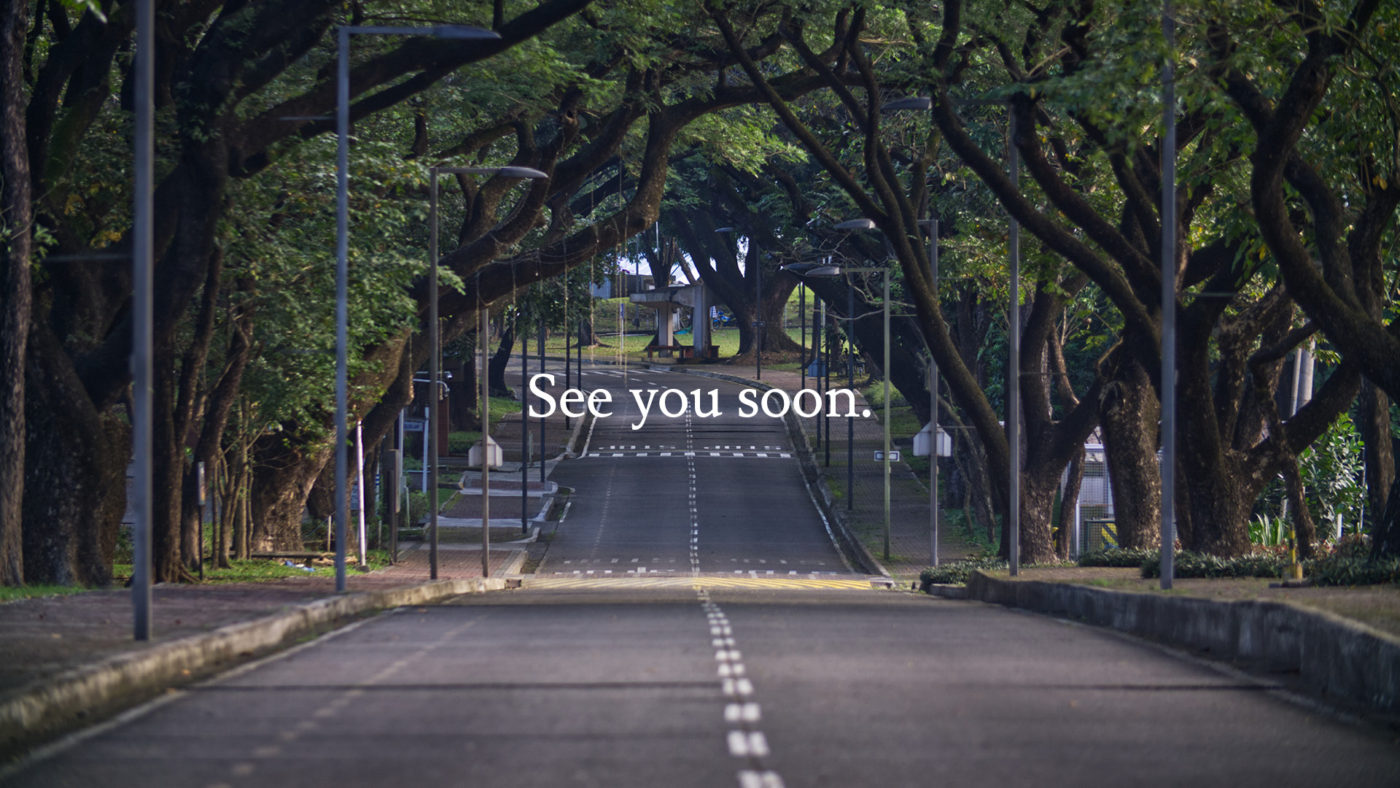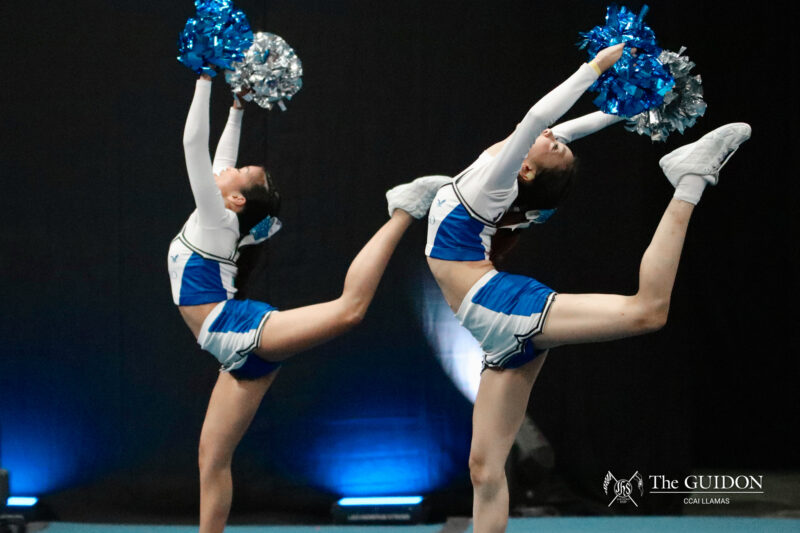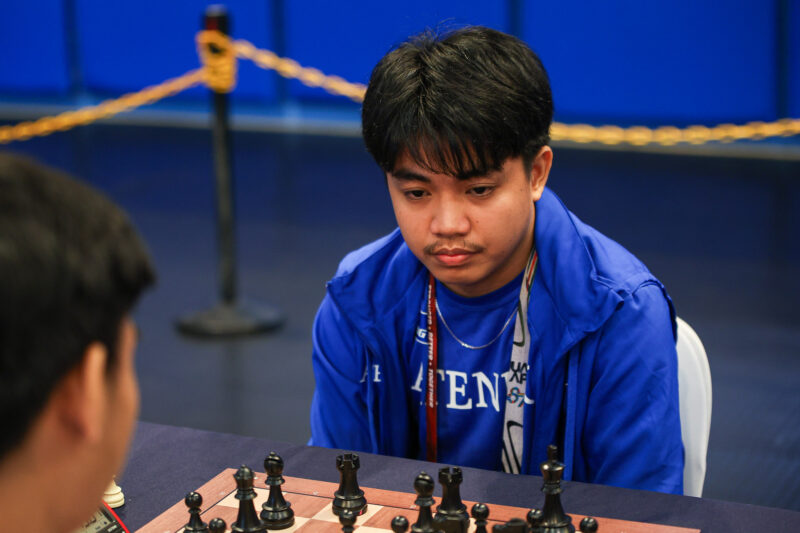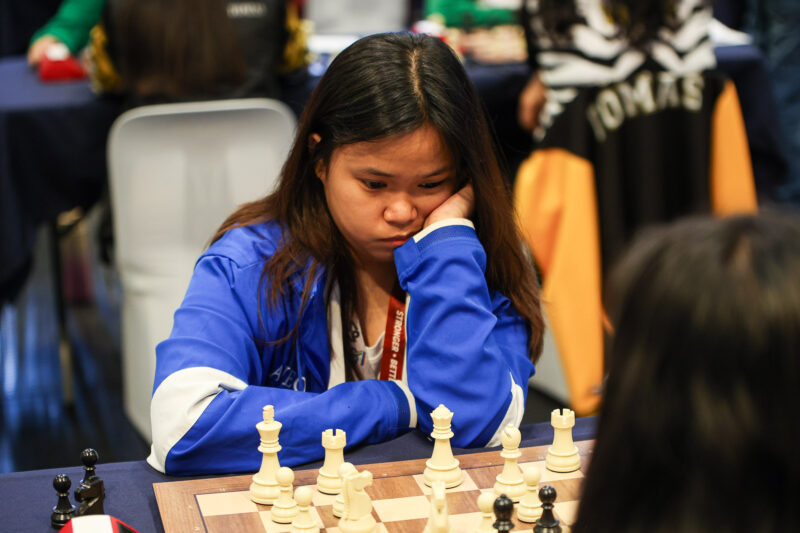DURING THE December 10 town hall meeting, Task Force New/Next Possible announced updated guidelines for the pilot implementation of on-site classes next semester.
Composed of administrators and students, the task force will submit the proposal to the Commission on Higher Education on Monday, December 13.
The task force shared that only fully-vaccinated seniors, superseniors, and graduate students attending select classes can participate in the pilot come January 2022. While graduating students can choose to participate in the Flex and Online Plus models to access the University’s facilities, the rest of the LS community will have to stay in the fully online learning setup due to the campus’ limited capacity.
Non-academic activities such as extracurricular affairs except for athletic training are not allowed on campus until Metro Manila reaches Alert Level 1. Moreover, social gatherings with a maximum of 50 people are subject to approval by the Vice President for Administration.
Following the Commission on Higher Education’s approval of the task force’s pilot stage proposal, the LS administration will publish a complete primer on its website. In the meantime, the task force will conduct another town hall on December 15 to update the parents and answer their questions regarding the pilot implementation.
Prioritized courses
University Registrar Marlene de Leon, PhD said that course content under the Flex learning model will be simultaneously delivered online and on-site. This means that students will be divided into two predetermined batches, with one batch attending online classes and the other attending on-site classes at 30% classroom-capacity. Both batches will also attend on-site sessions on a bi-monthly schedule and follow a seven-day isolation period after each week of classes.
De Leon reiterated that the students allowed on-site will still have the option to attend online classes. She also said that on-site classes will be the regular one-hour slots on Mondays, Wednesdays, and Fridays, and one hour and 30-minute slots on Tuesdays and Thursdays. Classes will only be conducted from 8 AM to 5 PM.
According to the task force, those with the opportunity to go back on-site are the students in the pre-selected sections under the John Gokongwei School of Management, School of Social Sciences, and Theology and Ministry program. Select sections under the Discerning Life Questions (DLQ 10) and Politics, Governance, and Citizenship (SocSc 14) classes will also operate under the Flex model next semester.
Under the School of Science and Engineering (SOSE), laboratory and thesis courses under Biology, Chemistry, Physics, and Electronics, Computer, and Communications Engineering will be offered to graduating students through the Flex model. SOSE Dean Raphael A. Guerrero, PhD further clarified that any on-site lab activity will have a corresponding online counterpart for students unable to go on campus.
Health protocols
To monitor the health of the employees and students returning on campus, the task force said that they should be registered in the University’s BluPHR records to generate a digital ID. Enrolled students will have to submit a health declaration form on BluPHR no more than 12 hours before their on-site activity so they can generate a BluPass or a Quick Response (QR) code.
In line with ingress and egress protocols, Director for Student Services Cholo Mallillin said that several buildings will have BluPass scanners as the QR codes are required upon entry to and exit of the LS campus. BluPass permits the user to only one entry and one exit per day.
Moreover, students and employees returning on-site are required to have medical insurance—whether in the form of the Philippine Health Insurance Corporation (PhilHealth) or any equivalent private medical insurance with COVID-19 coverage. Students whose parents are PhilHealth members will be asked for their parents’ PhilHealth registration numbers.
Office of Health Services (OHS) Director Henrietta de la Cruz, PhD added that health services such as primary care services will be available. However, the campus clinic will only provide basic first aid for acute cases and emergencies. Medical consultations will continue to be conducted through the Office’s telemedicine service.
Should a person develop COVID-related symptoms on campus, de la Cruz said that such individuals should inform security staff before proceeding to the isolation tent where OHS personnel will conduct an assessment. Notably, a campus-wide lockdown will be implemented should more than two confirmed COVID-19 cases be discovered.
Concrete changes
According to Mallillin, only the classrooms and laboratories at PLDT-Convergent Technologies Center, SEC-B, SEC-C, Schmitt Hall, and Faura Hall will be used for the pilot classes. He mentioned that classrooms will only seat a maximum of 20 students.
He also said that students and employees are only allowed to park at the Central parking lot and Gonzaga parking lot respectively. Students early to their classes are designated to wait at the John Gokongwei Student Enterprise Center and Matteo Ricci Hall.
Malilin added that there are 60 new exterior handwashing locations on campus.
On the other hand, Rizal Library Director Vernon R. Totanes, PhD said that the use of computers and tables will be limited as well, with the digitization of pages replacing on-site printing and photocopying services.Ateneo Residence Halls (ARH) Director Rene San Andres also said that Cervini Hall, Eliazo Hall, and the North and South Buildings of the University Dorm are ready to open. However, they are still awaiting clearance from the central administration. Should the ARH resume operations, Office of Admissions and Aid scholars—especially those from outside Metro Manila—will be prioritized.







